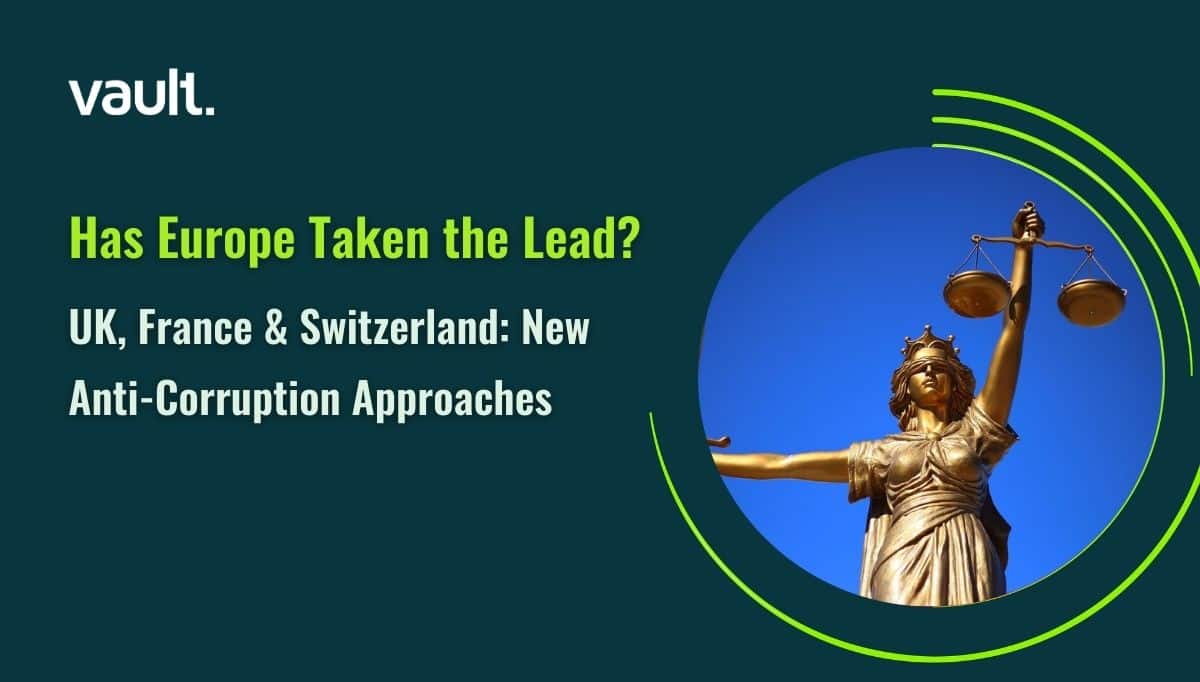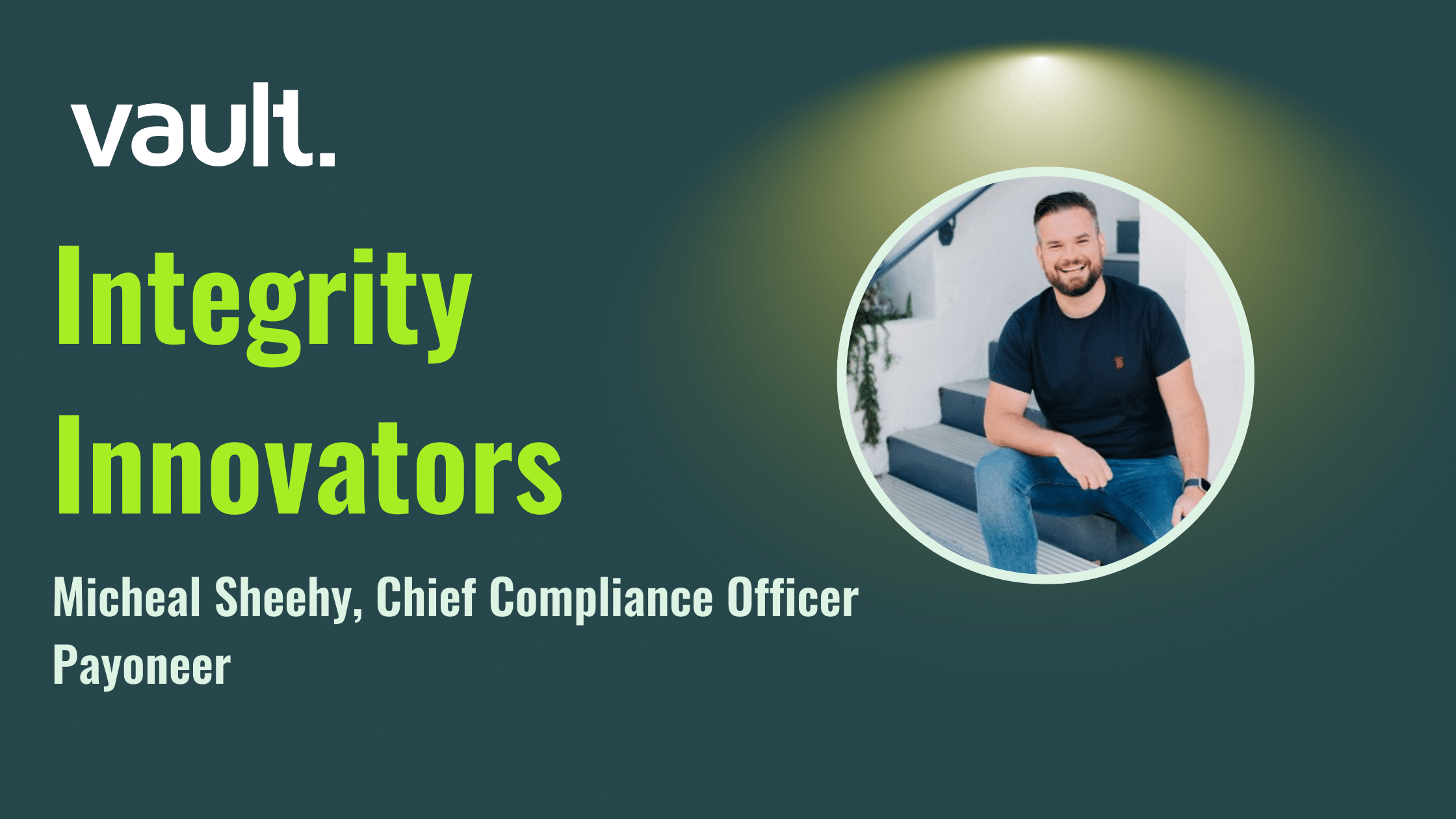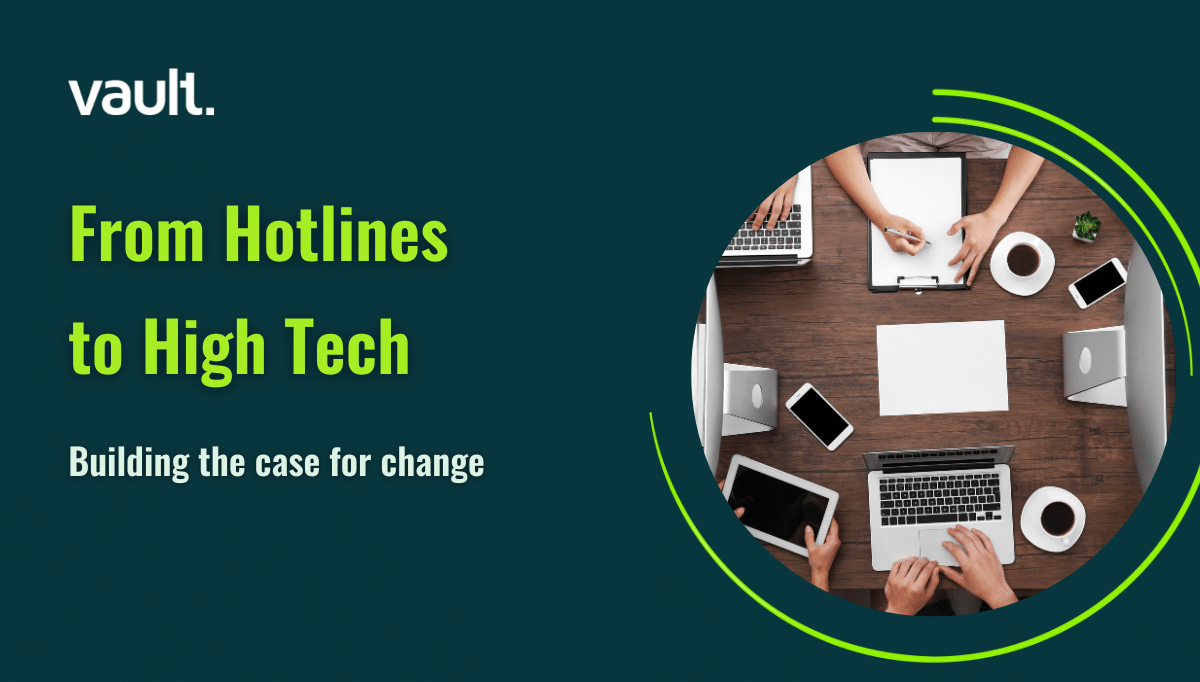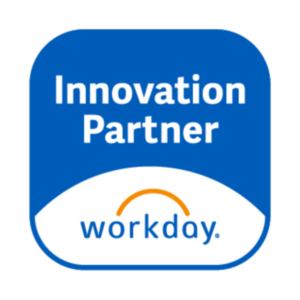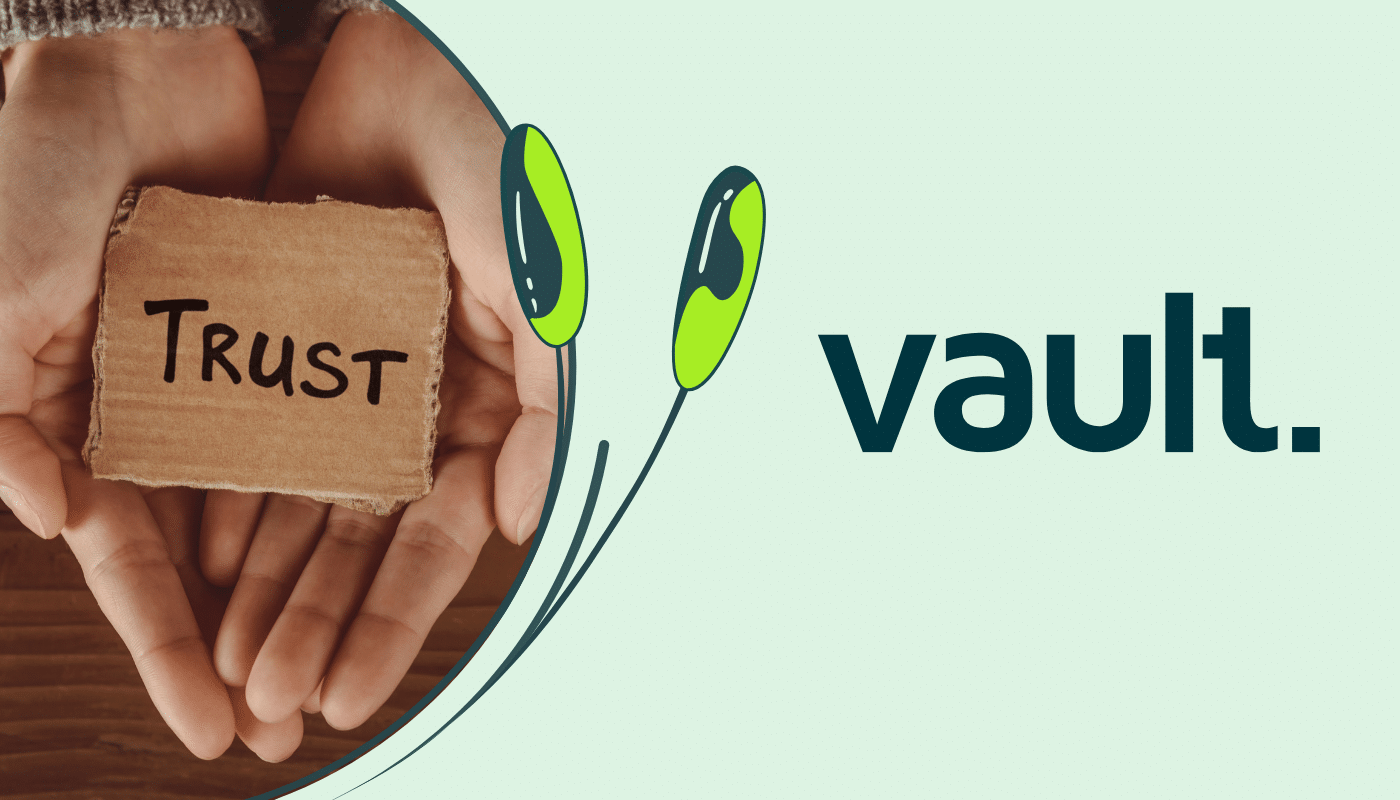
Despite a strong global economy, Edelman’s 2020 Trust Barometer reveals that across the four societal institutions that the study measures—government, business, NGOs, and media – trust is at an all-time low. This has strong implications on both short-term business outcomes and long-term development.
The study found that 56% of respondents believe capitalism does more harm than good in the world these days. Underpinning this cynicism around capitalism and the fairness of our economic system is a deep-seated fear about the future – 83% of respondents are worried about job security and their place in the workplace.
The study distinguishes that trust is built on two distinct attributes – competence (delivering on promises) and ethical behavior (doing the right thing and working to improve society).
Companies have a long way to go in bridging the trust gap within their organizations and within their industries. In this era of mistrust, corporate culture is undergoing a seismic shift from placing rapid growth at the center of organizational success, towards a sustainable model that puts people, society, and profits on an even keel. To add to this, new standards are being shaped from a talent perspective – organizations that want to attract and retain the best talent (and therefore grow their businesses) are the ones who proactively work to build a culture that makes people feel valued and heard, as well as actively preventing their culture from becoming toxic.
We have seen the consequences of broken trust on businesses large (in the case of Google and Victoria’s Secret) and small (as demonstrated by Away CEO’s recent departure) – no industry or sector is protected from the reputational and potential financial implications of a culture gone badly wrong.
Whilst you can’t buy healthy culture, providing your leadership team and employees with the tools and resources that empower them to Speak Up is a start. Organizational trust is built horizontally – employees should feel able to communicate transparently and feel their concerns are being actively addressed.
